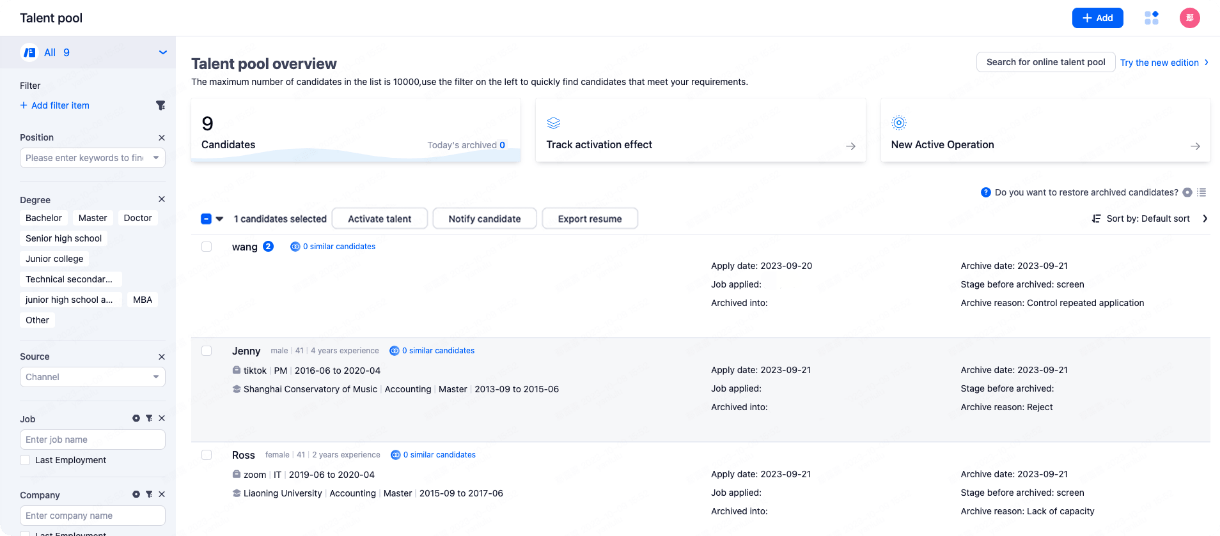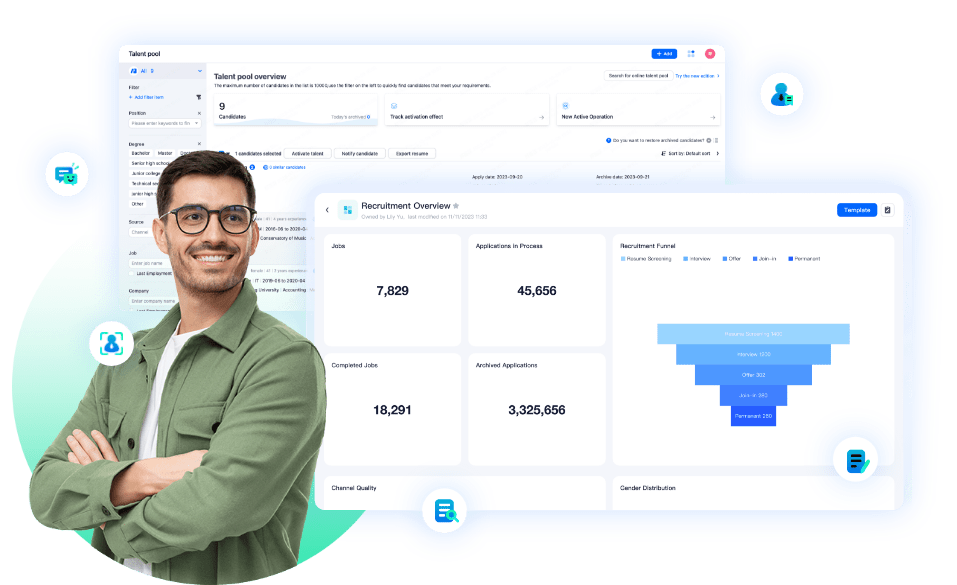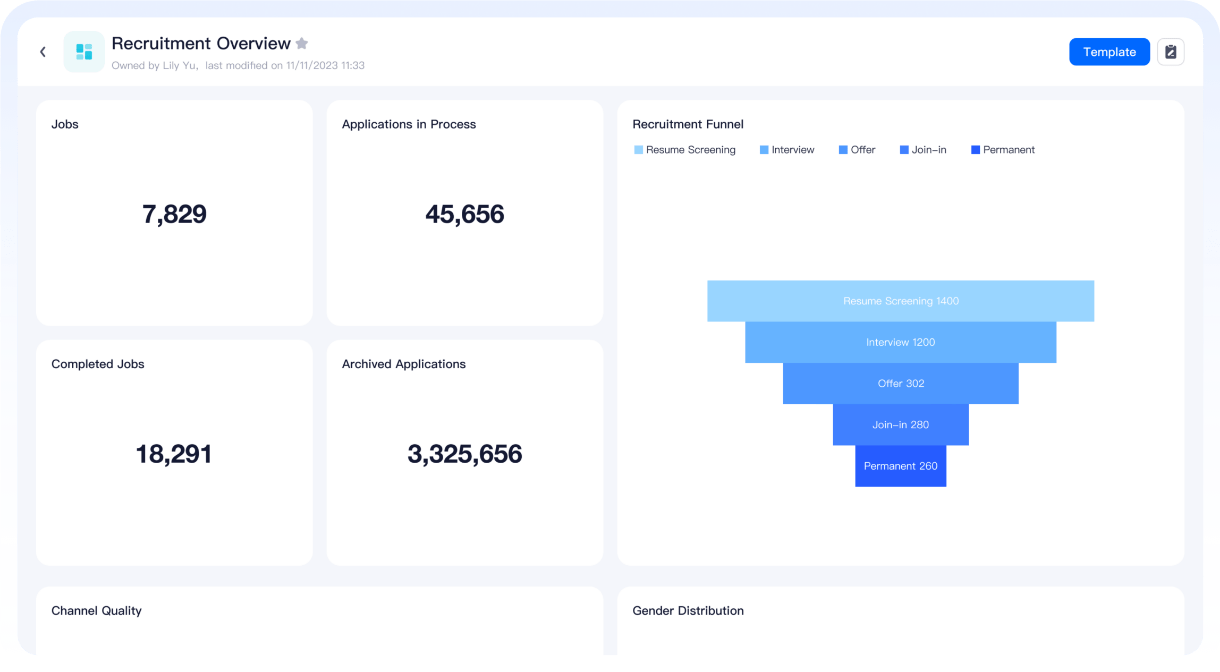
In today’s fast-paced logistics industry, it is estimated that over 70% of companies struggle with inefficient recruitment processes, leading to significant operational delays and increased costs. The integration of a Customer Relationship Management (CRM) applicant tracking system has emerged as a transformative solution for enhancing transportation attributes within organizations.
The Role of CRM Applicant Tracking System in Logistics

The crm applicant tracking system serves as an essential tool for streamlining the hiring process in logistics operations. By automating candidate sourcing and evaluation, this system significantly reduces time-to-hire while ensuring that only qualified candidates are considered. Furthermore, its features allow for better alignment between workforce capabilities and logistical demands. This optimization not only enhances overall efficiency but also plays a crucial role in financial analysis by providing data-driven insights into labor costs associated with logistics operations.
Applicant Tracking System and Financial Analysis of Logistics Operations
Diving deeper into the relationship between applicant tracking systems and financial analysis reveals several key aspects. Firstly, these systems facilitate real-time monitoring of recruitment metrics such as cost-per-hire and turnover rates, which are vital for assessing budget allocations within logistics departments. Additionally, they enable organizations to forecast staffing needs based on historical data trends related to shipping volumes or seasonal fluctuations. This predictive capability allows businesses to allocate resources more effectively while minimizing unnecessary expenditures linked to overstaffing or understaffing scenarios.
MokaHR’s Features in Financial Analysis of Logistics Operations
MokaHR stands out among various applicant tracking systems due to its unique features tailored specifically for financial analysis within logistics operations:
- Cost Efficiency Metrics: MokaHR provides detailed reports on hiring expenses versus productivity outcomes, allowing firms to evaluate their return on investment (ROI) from recruitment efforts.
- Predictive Analytics: Utilizing advanced algorithms, MokaHR forecasts future hiring needs based on current market trends and operational requirements.
- User-Friendly Dashboard: The intuitive interface presents critical financial KPIs at a glance, enabling quick decision-making regarding workforce investments.
- Cohesive Integration: MokaHR seamlessly integrates with existing ERP systems used in logistics management for comprehensive data sharing across platforms.
- Error Reduction Tools: Automated workflows minimize human errors during candidate evaluations that could lead to costly mis-hires affecting logistical performance.
A Conclusion
The implementation of a CRM applicant tracking system like MokaHR significantly enhances the effectiveness of financial analysis within logistics operations. By optimizing recruitment processes through automation and providing valuable insights into labor-related expenditures, organizations can achieve greater efficiency while maintaining control over their budgets. Ultimately, leveraging such technology positions companies favorably against competitors striving for excellence in supply chain management.

